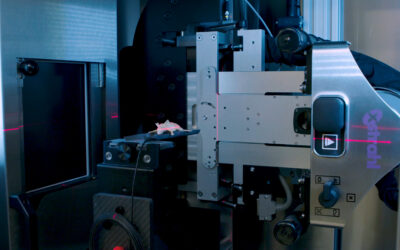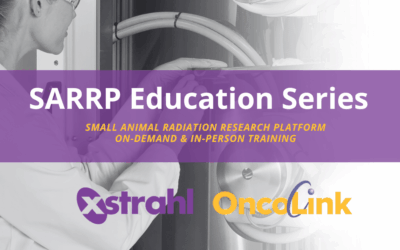PURPOSE:
To conduct a randomized trial of radiation therapy for painful heel spur, comparing a standard dose with a very low dose.
METHODS AND MATERIALS:
Sixty-six patients were randomized to receive radiation therapy either with a total dose of 6.0 Gy applied in 6 fractions of 1.0 Gy twice weekly (standard dose) or with a total dose of 0.6 Gy applied in 6 fractions of 0.1 Gy twice weekly (low dose). In all patients lateral opposing 4- to 6-MV photon beams were used. The results were measured using a visual analogue scale, the Calcaneodynia score, and the SF12 health survey. The fundamental phase of the study ended after 3 months, and the follow-up was continued up to 1 year. Patients with insufficient pain relief after 3 months were offered reirradiation with the standard dosage at any time afterward.
RESULTS:
Of 66 patients, 4 were excluded because of withdrawal of consent or screening failures. After 3 months the results in the standard arm were highly significantly superior compared with those in the low-dose arm (visual analogue scale, P=.001; Calcaneodynia score, P=.027; SF12, P=.045). The accrual of patients was stopped at this point. Further evaluation after 12 months’ follow-up showed the following results: (1) highly significant fewer patients were reirradiated in the standard arm compared with the low-dose arm (P<.001); (2) the results of patients in the low-dose arm who were reirradiated were identical to those in the standard arm not reirradiated (reirradiation as a salvage therapy if the lower dose was ineffective); (3) patients experiencing a favorable result after 3 months showed this even after 12 months, and some results even improved further between 3 and 12 months.
CONCLUSIONS:
This study confirms the superior analgesic effect of radiation therapy with 6-Gy doses on painful heel spur even for a longer time period of at least 1 year.
Niewald M, Seegenschmiedt MH, Micke O, Graeber S, Muecke R, Schaefer V, Scheid C, Fleckenstein J, Licht N, Ruebe C; German Cooperative Group on Radiotherapy for Benign Diseases (GCGBD) of the German Society for Radiation Oncology (DEGRO).







